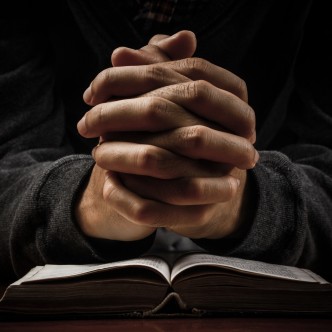
Program
- Dietrich Buxtehude (1637-1707)
Jesu, meines Lebens Leben - Franz Tunder (1614-1667)
Ach Herr, lass deine lieben Engelein - Matthias Weckmann (1619-1674)
Zion spricht - Christoph Bernhard (1627-1692)
Was betrübst du mich , meine Seele - Nicolaus Bruhns (1665-1697)
Hemmt eure Tränenflut
The economic activity in the Hanseatic towns encouraged the emergence of public concerts like those organised by Tunder at Lübeck; they were originally designed to amuse and instruct businessmen while they waited for the Bourse to open… Tunder’s son-in-law Buxtehude was to continue and considerably develop the tradition, presenting concerts with a large group of musicians, which were performed under his supervision on the last two Sundays after Pentecost and on the 2nd, 3rd and 4th Sundays of Advent. Bruhns, who was settled in Denmark, was a student of Buxtehude’s, and was also influenced by him.
Weckmann adopted the same approach; in 1660, alongside his activity as a cantor at the Jacobikirche in Hamburg, he created a Collegium Musicum — with as many as 50 members — that performed weekly concerts at the cathedral.
Like Weckmann, Bernhard had studied under Heinz Schütz. At the time when musical life in Dresden was under Italian control, he left for Hamburg where he occupied the position of cantor at the Johanneum, while actively participating in the Collegium Musicum’s activities.
4 singers
8 instrumentalists
Françoise Lasserre, conductor